Keywords: Religious Freedom
-
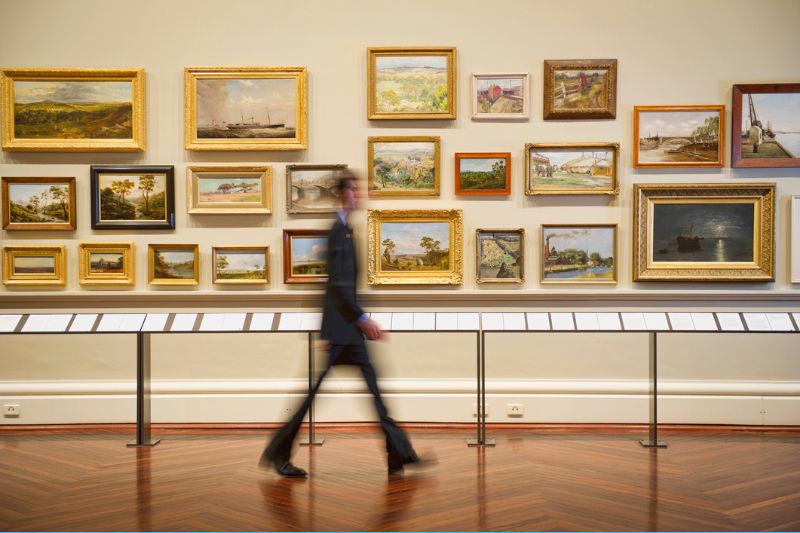
AUSTRALIA
- Andrew Hamilton
- 23 January 2025
Australia's national day remains a divisive symbol, rooted in colonial history. As the country grapples with issues of war, inequality, and climate change, the call for a more inclusive, meaningful celebration grows. How can a national day honour both the complexity of our history and the dignity of all Australians?
READ MORE
-

INTERNATIONAL
- David Halliday
- 13 December 2024
In 2024, a fifth of Americans reported having no close friends, and the number is growing, especially among those without college degrees. So what are the societal structures behind this crisis in loneliness, and how we can rebuild meaningful connections?
READ MORE 
-
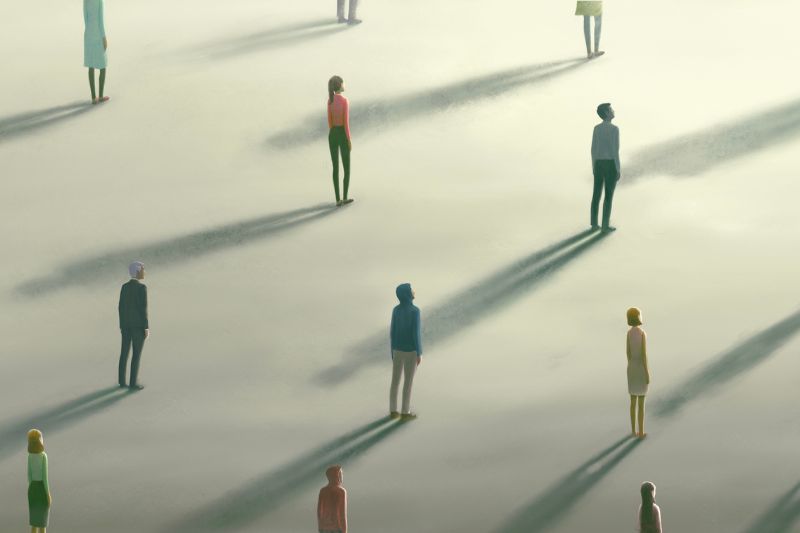
AUSTRALIA
- Andrew Hamilton
- 25 November 2024
4 Comments
Social Inclusion Week invites reflection on our shared humanity amidst deep divides. From childhood cliques to culture wars, the tension between inclusion and exclusion is a paradox rooted in belonging. Can we overcome fear and forge connections across difference, or will anxiety keep us apart? The answer shapes our society’s future.
READ MORE
-

AUSTRALIA
- Michael McGirr
- 22 November 2024
3 Comments
There’s this other place that is neither heaven nor earth but which you might find in the car park of the third busiest KFC in Melbourne, waiting for your son to finish his shift. A bin beside the car is overflowing with all the packaging that comes with fast food, not to mention the remains of poor dead chooks whose life it is hard to imagine.
READ MORE 
-
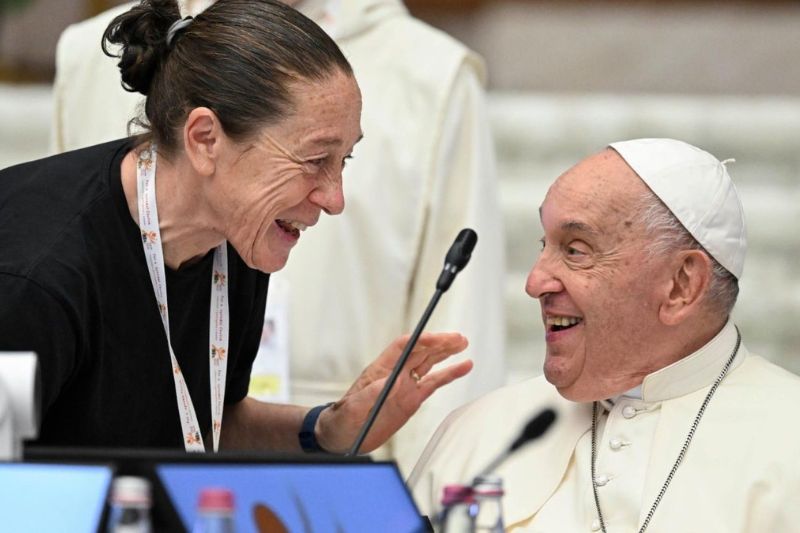
RELIGION
- Bruce Duncan
- 14 November 2024
14 Comments
The Synod is possibly the most important event in the Catholic Church since the Second Vatican Council. And despite its focus on internal Church reform and participation, can it effectively address broader social and moral issues in the world while still promoting a more inclusive and accountable Church?
READ MORE
-

AUSTRALIA
- Cherie Gilmour
- 18 October 2024
1 Comment
The ideological fissures within modern feminism demand examination. Raising a daughter gives me literal skin in the game, making this a deeply personal journey to understand what has changed and what remains true since the seemingly carefree days of #girlpower.
READ MORE 
-

RELIGION
- Michael McVeigh
- 26 September 2024
2 Comments
There once might have been a distinction between ‘Christian journalism’ and ‘Christian PR’, however today those lines are far more muddied. The demise of the Australasian Religious Press Association might have been brought about by changing tides, but for those of us left it leaves one less lifebuoy to cling to.
READ MORE
-

AUSTRALIA
- Frank Brennan
- 25 September 2024
3 Comments
The Government is making another valiant effort to rein in the adverse effects of ungoverned digital platforms. But in debating such a detailed bill without the backstop of a constitutional or statutory bill of rights recognising the right to freedom of expression, there are no clear guard rails for getting the balance right.
READ MORE
-

RELIGION
- Ann Rennie
- 13 September 2024
2 Comments
People visit graves and castles, libraries and mansions, battlefields and places of historical significance to feel a little of the lives of others, to pay homage, to make that human connection. We make secular pilgrimages to places that we have dreamt about or read in books or seen on screen. Wherever we go, these are ultimately visits to places within.
READ MORE 
-
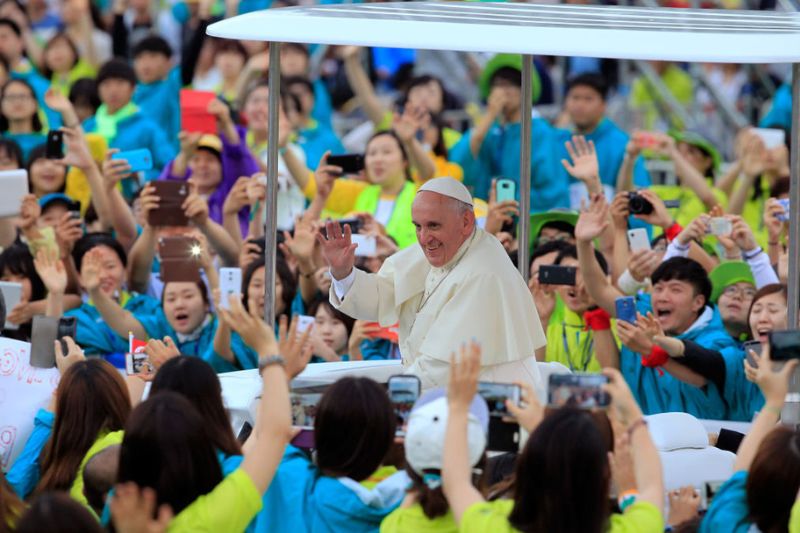
RELIGION
- Andrew Hamilton
- 28 August 2024
5 Comments
As Pope Francis embarks on a demanding tour, skipping Australia to visit smaller marginalised Catholic communities in Indonesia, Timor Leste, Papua New Guinea, he is demonstrating the priority of the Church in reaching out to those on the margins.
READ MORE
-
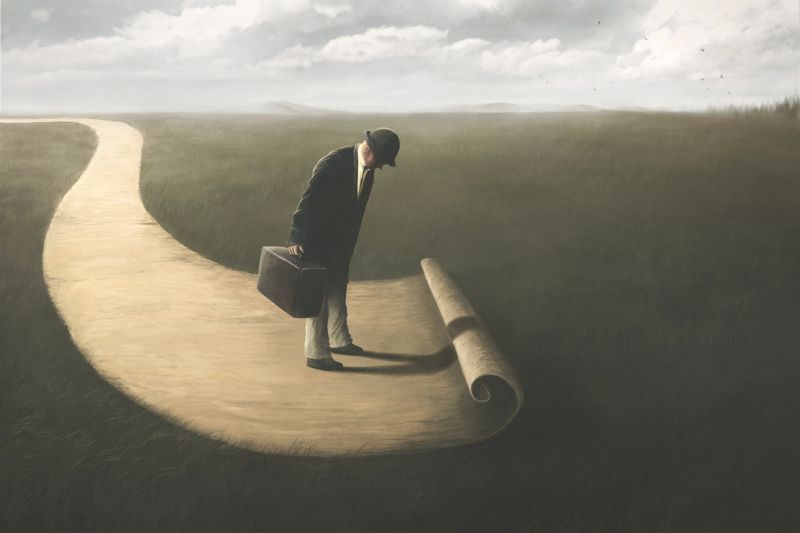
RELIGION
- Andrew Hamilton
- 21 August 2024
3 Comments
This year’s Social Justice Statement is ambitious in its scope. From the ravages of war to the erosion of truth, the statement challenges us to confront the root causes of our divisions and seek a path toward a more just and peaceful future.
READ MORE
-
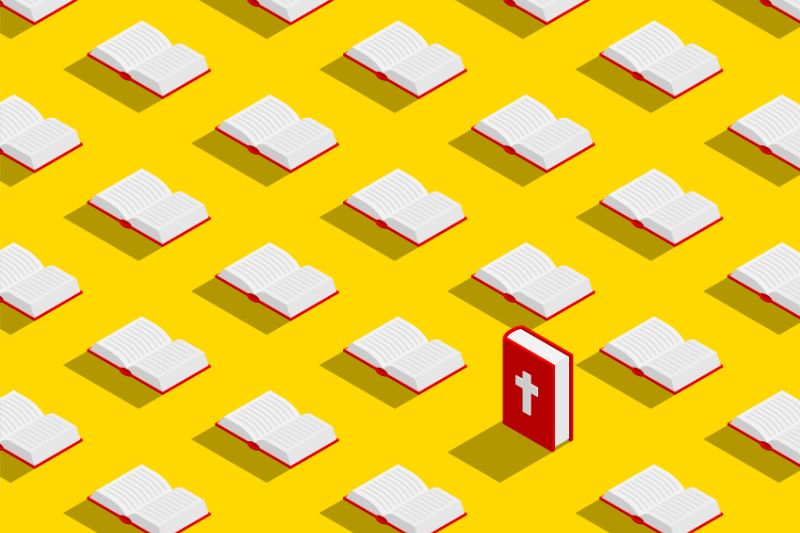
EDUCATION
- Jacinta Collins
- 20 August 2024
11 Comments
As the discourse surrounding religious freedom in Australia becomes increasingly contentious, especially in the context of schooling, we must address the growing perception that holding religious beliefs and values — and making choices based on them — is somehow discriminatory or at odds with modern society.
READ MORE